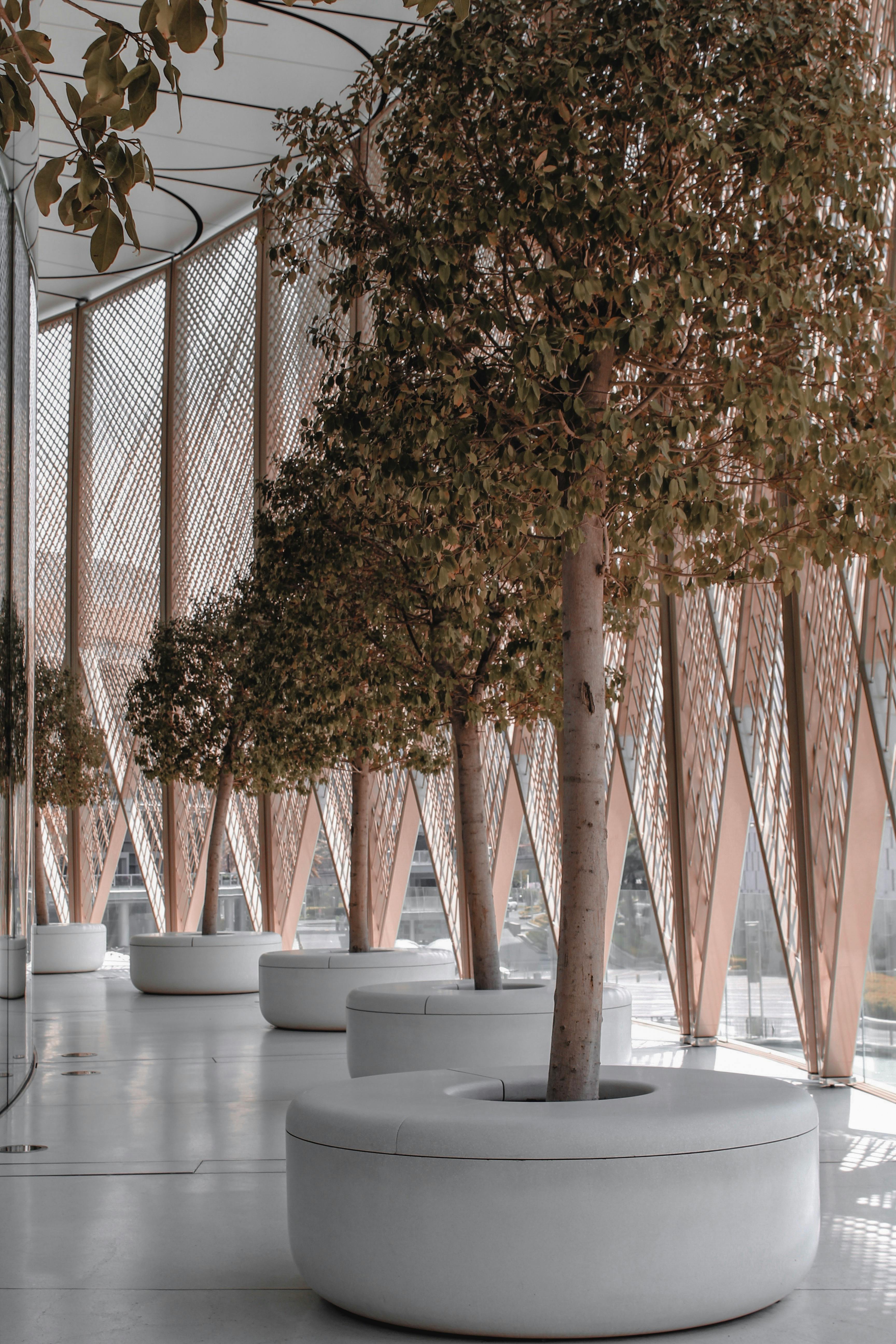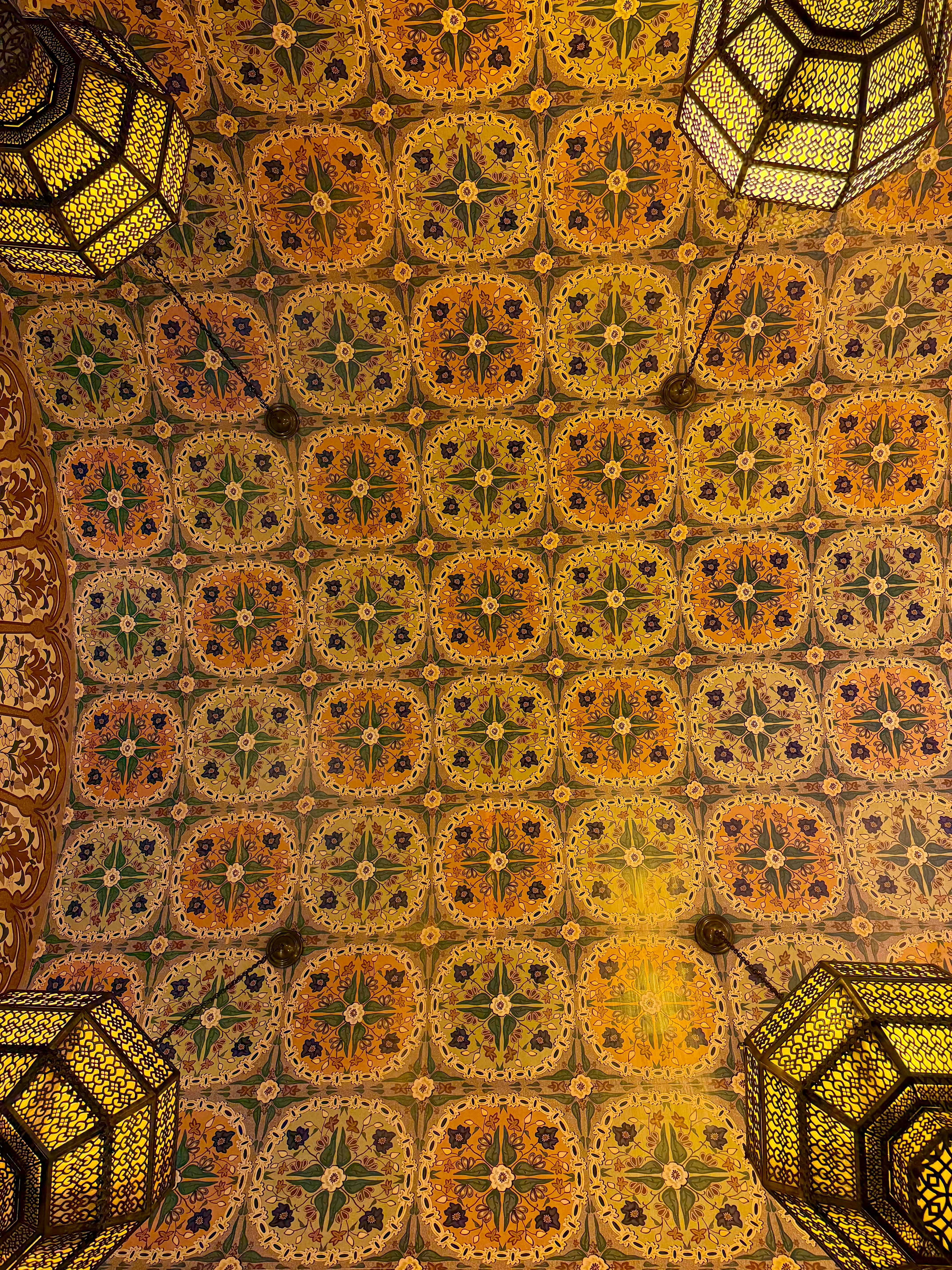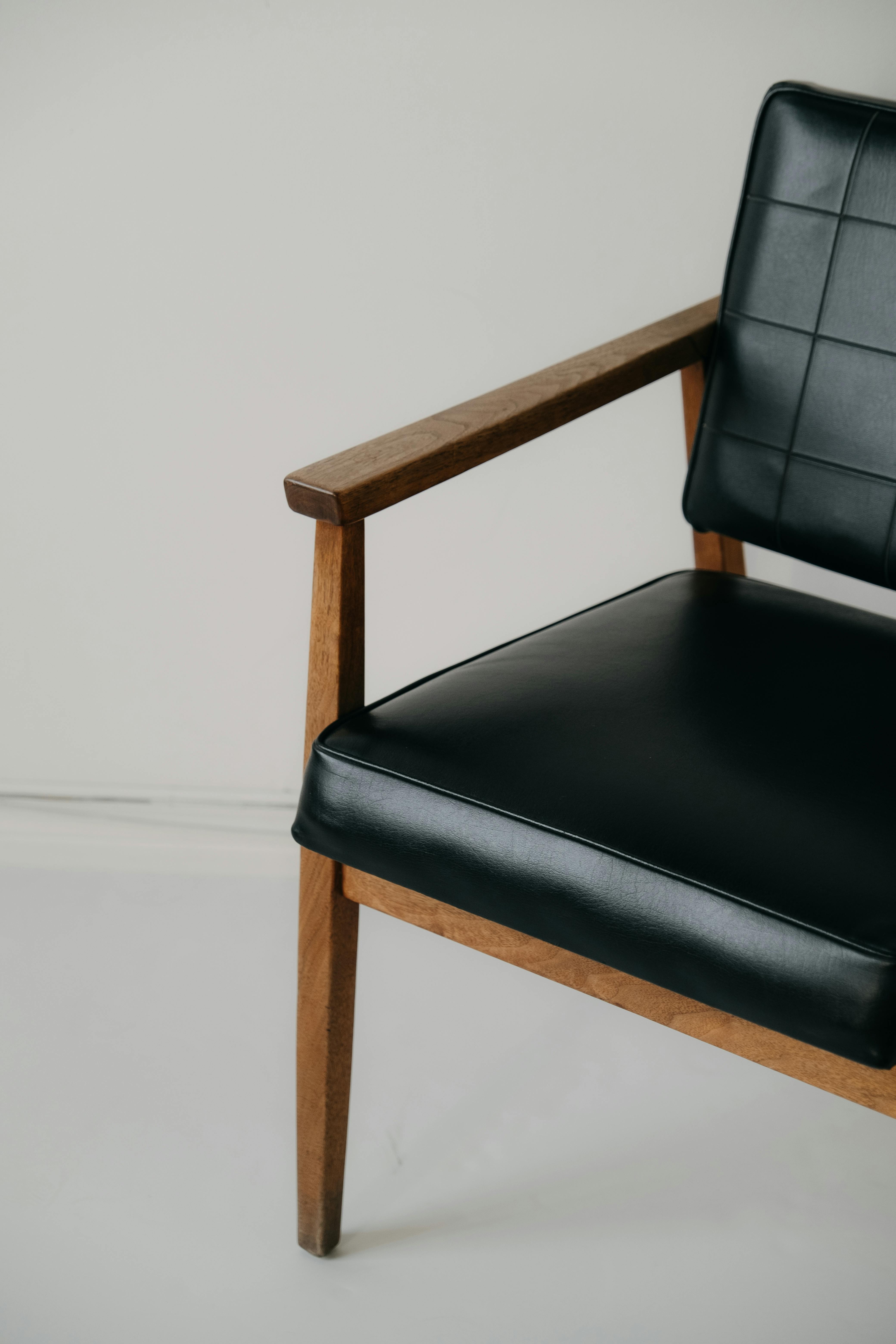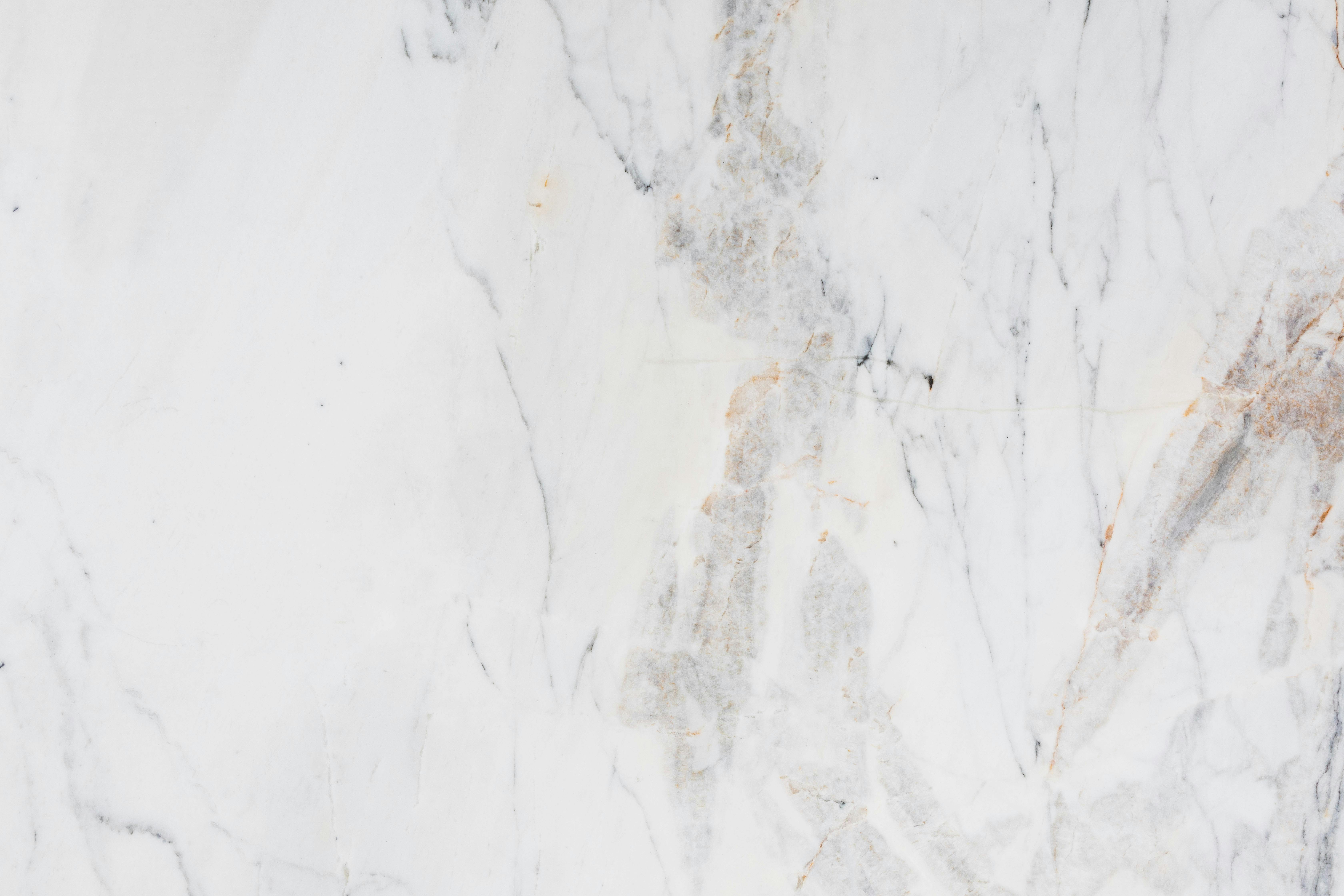Dubai’s interior design landscape stands at a fascinating crossroads where luxury meets environmental responsibility. While the emirate continues building spectacular developments, a quiet revolution is reshaping how designers source materials—and it’s happening right in your backyard. The challenge isn’t just finding sustainable materials anymore; it’s discovering the wealth of local eco-friendly resources that can elevate your green luxury project while supporting regional suppliers and reducing carbon footprints. This comprehensive guide reveals Dubai’s best-kept secrets in sustainable materials sourcing, connecting you with suppliers who understand that true luxury means responsibility.

This Photo was taken by Dina Adel.
The untapped goldmine of regional sustainable suppliers
Dubai’s sustainable materials ecosystem has expanded dramatically, with over 240 certified eco-friendly suppliers operating across the UAE as of 2024. These local resources offer more than environmental benefits—they provide cultural authenticity, reduced transportation emissions, and supply chain transparency that international imports simply cannot match.
Regional quarries now produce recycled natural stone aggregates that maintain the luxurious appeal of virgin materials while reducing environmental impact by 65%. Companies like Al Safat Stone and Emirates Stone have pioneered local limestone and sandstone processing techniques that meet LEED platinum standards while celebrating authentic Arabian aesthetics.
The textile sector presents equally impressive opportunities. UAE-based manufacturers have developed organic cotton and hemp blends specifically adapted to the region’s climate conditions. These materials offer superior durability in high-humidity environments while maintaining the breathability essential for desert living.
Local bamboo cultivation, once considered impossible in arid climates, has emerged through innovative irrigation techniques. Dubai Bamboo Solutions now supplies architects with locally-grown bamboo flooring and structural elements that rival imported alternatives in both quality and cost-effectiveness.

This Photo was taken by Adeel Rana.
Certified eco-luxury materials that redefine elegance
The evolution of eco-luxury materials revolution has transformed Dubai’s high-end design landscape. Premium sustainable materials now exceed traditional luxury options in both performance and aesthetic appeal.
Recycled marble and granite suppliers like Green Stone UAE process post-construction waste into stunning countertops and flooring. Their material contains 40% recycled content while maintaining the veining patterns and structural integrity that define luxury surfaces. These processes reduce quarrying demands by 35% annually across the emirate.
For wall finishes, locally-produced clay and earth plasters incorporate traditional Emirati techniques with modern sustainability standards. These materials provide natural temperature regulation, reducing cooling costs by up to 20% in residential applications.
| Material Category | Local Suppliers | Sustainability Rating | Cost vs Import |
|---|---|---|---|
| Recycled Natural Stone | 15 certified suppliers | LEED Platinum | 15% lower |
| Organic Textiles | 8 manufacturers | GOTS Certified | 25% lower |
| Reclaimed Wood | 12 processing facilities | FSC Certified | 30% lower |
| Bio-based Composites | 6 specialized producers | Cradle to Cradle | 10% higher |
The integration of smart green technology with sustainable materials creates synergistic effects. Smart glass panels manufactured by Emirates Glass incorporate locally-sourced silica while providing automated solar control, demonstrating how regional materials can power technological innovation.

This Photo was taken by Mathilde Langevin.
Water-conscious material selection for desert luxury
Dubai’s arid climate demands material choices that respect water scarcity while maintaining luxury standards. Water-conscious interior design principles guide material sourcing decisions that support both environmental and aesthetic goals.
Low-water production materials have gained prominence among discerning designers. Locally-manufactured ceramic tiles require 60% less water during production compared to imported alternatives, while offering superior heat resistance crucial for Dubai’s climate.
Desert-adapted natural fiber carpets from regional suppliers like Sustainable Carpets UAE utilize drought-resistant plant materials. These carpets naturally regulate indoor humidity while requiring minimal water during manufacturing processes.
For high-traffic areas, polished concrete floors using local aggregates eliminate the need for water-intensive maintenance routines associated with traditional luxury flooring. The thermal mass properties of these floors complement climate-adaptive interior design strategies, reducing cooling demands throughout the year.

This Photo was taken by Photo By: Kaboompics.com.
Biophilic materials that connect luxury to nature
The integration of biophilic design elements through locally-sourced materials creates profound connections between luxury interiors and the natural environment. This approach transforms sterile spaces into regenerative environments that support both human wellbeing and ecological balance.
Living wall systems utilizing indigenous plants paired with locally-manufactured growing media create stunning vertical gardens. UAE suppliers now produce lightweight, water-efficient substrates specifically formulated for desert-adapted species, reducing irrigation needs by 50% compared to traditional hydroponic systems.
Natural ventilation materials incorporating traditional Arabian architectural elements demonstrate how ancient design wisdom can inform contemporary sustainable practices. Mashrabiya screens manufactured from locally-harvested palm wood provide natural air filtration while maintaining cultural authenticity.
For acoustic control, natural sound-absorbing materials like date palm fiber composites offer superior performance compared to synthetic alternatives. These materials process local agricultural waste streams while creating premium acoustic environments essential for luxury spaces.